Progressive Web Apps
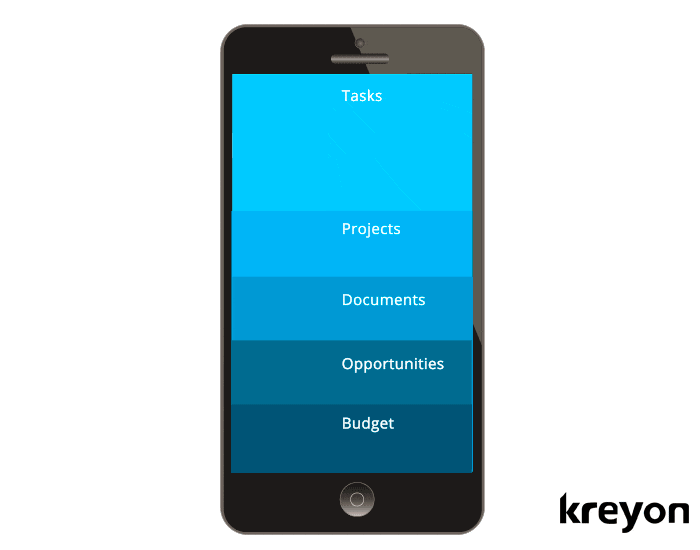
So, what exactly are progressive web apps? Well, progressive web apps are regular web pages but can appear to the user as a native app. They combine the best of the app and web worlds. They are accessed through the modern browsers and take advantage of features like service workers and web app manifests. These features make it possible for the progressive web app to be accessed in offline mode, handle push notifications and receive updates.
As of 2017, for an app to be called progressive web app,
- Secured Origin: The site should use display data using https connections. Mixed content is not allowed.
- Offline Functionality: The app should work in offline mode (even if it is a custom offline page). For offline mode, the progressive web apps require service workers.
- Reference a W3C Compliant Web App Manifest file with at least the four key properties: name, short_name, start_url, and display (with a value of standalone or fullscreen).
Progressive web apps has garnered a lot of attention since it was proposed by Google in 2015. The ease of development, improvement of user experience, performance etc make it a very appealing proposition for mobile web.
1) Responsive
Progressive web apps are designed to work on different screens and devices. These apps are designed to work and provide native look and feel on desktops, laptops, table and other mobile devices. The responsive design allows the web app to adapt according to the device of the users.
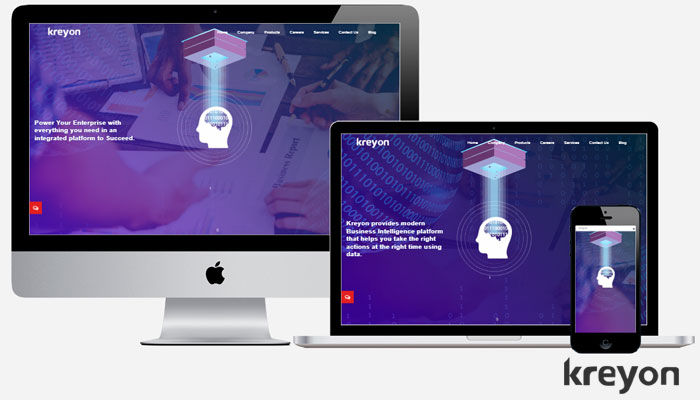
2) Progressive
The web apps are designed to work for all users across various browsers. The aim of the progressive apps is to improve continually in principle. The constant evolution of web technologies is driving the progressive web apps.
3) Offline-first
The traditional web applications had limitations working offline. However, PWAs are not dependent on internet connection. The service workers ensure that the app content is available in offline or low internet connectivity.
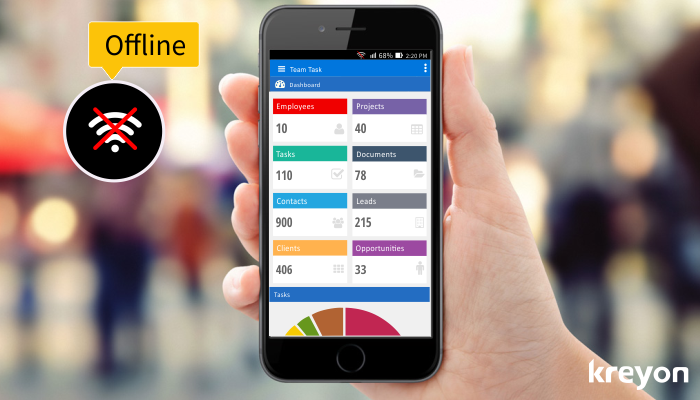
4) UI/UX
The progressive web apps have a native application’s look and feel. The interactions, navigation and user experience of progressive web apps are on par with native apps. Progressive web apps support slick and animations in UI. The progressive apps can be accessed in full screen mode.
They feel like apps because of the app shell model which separates the application functionality from the application content. With good UI and UX designs, it is hard to differentiate between native and progressive web apps.
5) Always Fresh
The concept of service workers keeps the content of the up to date. The data is always fresh. The data synchronization is done in the background by the service workers. The progressive web apps use the App Shell model to keep the shell of the app UI and content separated. These are also cached separately, improving the data synchronization and loading times for the app.
6) Safe & Reliable
These apps used secured connections to ensure safety of the data. The progressive web apps work with native APIs and service workers that deal with sensitive data. The data is delivered over https connections only providing them protection against snooping and network attacks.

7) Flexibility for Installation
The progressive web apps allow flexibility for users. They provide the choice to their users on how they want to use the app. The users can either use it from their web browser or install it on their mobile device. An option of installing the app on the home screen for quick access without the need for visiting the app stores makes PWA quite lucrative. Your web development efforts will automatically take care of your progressive web apps too. No need to separately deploy things for the PWA.
8) Push Notifications and Re-engagement
The users can get push notifications from their progressive app. These push notifications are one of the key features facilitated by service workers. The service worker can subscribe to receive push notifications. This lets users to receive notifications and updates when they opt it. The push notifications are useful in engaging users and also deliver timely content like discounts, offers etc to them.
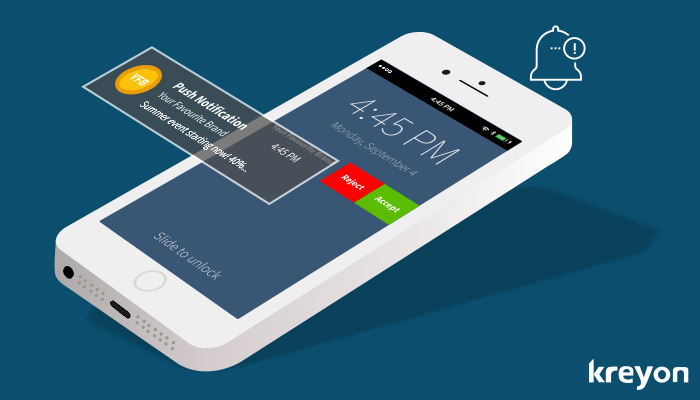
9) Linkable
Sharing the progressive app is very easy. It doesn’t require the users to visit App store or download the app. These apps can be accessed and shared via URL. The links to subpages of the app can also be shared that may be accessed on the browser by users.
10) SEO friendly
The SEO for traditional apps was restricted to listings and rankings in the App store. With progressive web apps, the app can be indexed by the links. The apps can be shared by the links, which are indexed by Google. These individual links can be listed in Google Searches. There can be subpages of the app that can be ranked separately; an xml site map can also be integrated for search engines.
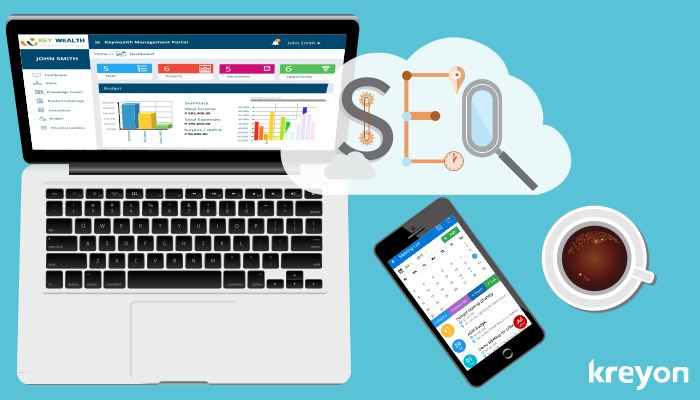
Do PWAs work on all Platforms?
PWAs have gained immense popularity ever since they have been introduced by Google. Sending Push notifications, adding app to home screen, offline content and device agnostic approach are some of the features that are driving the adoption of progressive web apps. But are progressive web apps at a stage where they can replace native apps for all platforms? Well not quite at this stage, the progressive apps are accessed through browsers that support service workers and manifests. Traditional browsers lack this support. Chrome and Firefox are browsers that offer support for progressive web apps, others are still catching up. So, do progressive web apps work on iOS? Again, Safari doesn’t support PWAs at the moment. Even Chrome on iOS has limited support for PWAs at the moment. Although, Apple is now working on providing basic support for PWAs on Safari. Both Chrome & Firefox support PWAs fully on Windows 10 OS. Microsoft is also working on Edge and Windows 10 OS to fully support PWAs.
Limitations & Recommendations to use PWA:
Progressive web apps can be used to achieve most features offered by native apps & are constantly evolving with web technologies. However there are certain use cases that are yet not attainable with PWAs like telephony features for accessing phone number, read voice mail, making phone calls, alarms, access to hardware features like sensors, accelerometer, system settings etc. PWAs are also not suitable for highly interactive applications, games and other applications that extensively use phone’s hardware options. PWAs on Safari and iOS are also quite limited at this stage and might not be able to replace native apps yet. Here we look at some use cases where you can use progressive web apps:
- A site that updates content frequently for e.g. news portals, stock prices inventory prices and levels or sites that need realtime data.
- An ecommerce portal that requires real time updates, push notifications for discounts, offers etc.
- Users who are mostly on Chrome and Firefox.
- Maintenance of native apps can be hard on various platforms. Progressive web apps provide a way to create a single code base that can cater to multiple devices and operating systems.
- Apps are much smaller in size, have fast loading times & high performance. For ecommerce and m-commerce sites, this can result in improved business opportunities.
- For sites that want to create engaging web experiences on par with their mobile app.
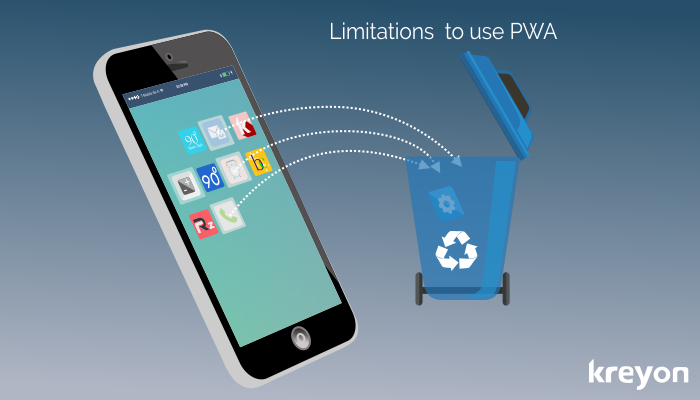
For apps that want to minimize the mobile data usage. Progressive web apps tend to have less data footprint compared to native apps.
The world of web is constantly evolving and charting new frontiers. Progressive Web Apps are among the technologies that have the power to shape the web in the years to come. It is surprising to find that even iOS users are benefiting from PWA, even though iOS doesn’t support PWAs at this stage. As per Google, Ali Express has increased its conversions by 104% for new users across browsers; 82% increase in iOS conversion rate. With the rapid adoption and success of PWAs, more companies are now encouraged to reap its benefits. Web Applications are now converting to PWAs for improving performance, retaining users and improving experience through progressive evolution of the web.
Kreyon Systems is regarded among of the best progressive web development companies. If you are looking for a progressive web app company, please get in touch with us.
